Last Updated on July 7, 2024 by Max
Introduction
As we navigate the complex world of alternative medicine, we must consider age-old wisdom and natural remedies that have stood the test of time. Inflamed prostate, a common condition affecting numerous men worldwide, is one such issue that can benefit from this holistic approach. In this blog post, we delve into the uses of two powerful natural ingredients – Shilajit and Eucalyptus – in treating an inflamed prostate.
Renowned in the ancient Ayurvedic tradition, Shilajit is a potent, tar-like substance found primarily in the mountains of India and Russia. Brimming with minerals, triterpenes, humic acids, and fulvic acids, Shilajit offers an extensive array of potential health benefits. Equally intriguing are Eucalyptus leaves, which have found their place in traditional Chinese, Indian, and European medicine. The leaves, laden with eucalyptol, flavonoids, and tannins, can potentially reduce inflammation, among other health benefits.
However, as we delve into these alternative treatment methods, we must approach them with curiosity and caution, considering the potential benefits and debates surrounding these natural substances. Let’s explore how these ingredients can become potent decoctions for inflamed prostate treatment while emphasizing the importance of quality sourcing and safety precautions. While the natural world has much to offer, these remedies should complement, not replace, professional medical advice and treatment. Dive into this detailed exploration of Shilajit and Eucalyptus in the quest for alleviating prostate inflammation.
Why I Used Shilajit for Inflamed Prostate Treatment?
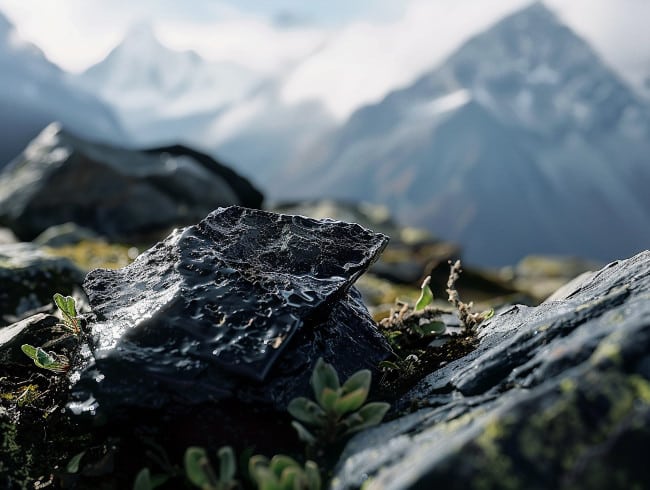
If you’re seeking alternative treatments for an inflamed prostate, you may have to look at Shilajit. Shilajit is a tar-like substance that varies in color from white to dark brown and is primarily found in the mountains of India and Russia.
For over 3,000 years, this substance has been utilized in Ayurveda, traditional Indian medicine, for various applications such as rejuvenation, urinary tract support, addressing sexual and bladder disorders, managing nervous diseases, and promoting bone healing. A potent combination of minerals, triterpenes, humic acids, and fulvic acids make up the constitution of Shilajit, offering a wide array of potential health benefits.
The Role of Shilajit in Ayurvedic Medicine
In Ayurveda, Shilajit is hailed as an agent that arrests the aging process and promotes rejuvenation, aligning it with the principles of an Ayurvedic Rasayana. It’s worth noting that the LD50 of Shilajit is 1g/kg, meaning this is the lethal dose required to kill 50% of a test population.
Shilajit reportedly contains at least 85 minerals in ionic form, along with triterpenes, humic acids, and fulvic acids. Approximately 85% of Shilajit consists of humus, with the remainder being an organic substance derived from long-term subjected plant remains to high temperatures and pressure.
Historical Ayurvedic texts describe Shilajit’s diverse uses as a potential rejuvenator and immunomodulator. Evidence-based studies are being conducted to corroborate these claims in India and former USSR republics.
Debates and Controversies
Despite the ongoing research, addressing the debates and controversies surrounding Shilajit’s therapeutic uses is essential. Critics argue that its proposed immunomodulatory activity is yet to withstand critical assessment and is considered unproven. While this argument is not grounded in comprehensive experimental studies, it is equally crucial to note that many traditional healing methods from Chinese and Indian folk practices have withstood the test of time and are now globally accessible.
Pharmacological Qualities of Shilajit
Shilajit’s pharmacological benefits extend to a broad spectrum of potential treatments due to its rich content of vitamins, microelements, fulvic acid, and other biologically active substances. These components in their biologically active forms, can be highly bioavailable, thus potentially promoting health recovery.
Regarding its anti-inflammatory properties, combining fulvic acid and silicon with copper, retinol, and vitamin B in Shilajit can reduce inflammation and support new tissue creation. Meanwhile, vitamins C and E in Shilajit can potentially protect the skin.
Fulvic Acid and its Role
The centerpiece of Shilajit’s magical benefits lies within Fulvic Acid. It’s a natural acid found in healthy soils, rocks, and water and is the byproduct of the final decomposition of organic matter over thousands to millions of years.
Inflammation can result in pain, stress, and depression, which in turn may lead to severe disorders. Here, Fulvic Acid could play a role, along with the immune system, in reducing inflammation, promoting the production of antioxidant molecules, and scavenging free radicals.
Antibacterial Qualities and Sexual Potency Enhancement with Shilajit
In addition to its potential anti-inflammatory properties, Shilajit’s constituents, such as humins, humic acids, and silver, display potent antibacterial, antiviral, and antifungal properties. These elements can help in managing a variety of conditions, including bacterial, viral, and fungal infections.
Shilajit may also offer benefits concerning sexual health and fertility. Some reports suggest that Shilajit can increase sperm count in male rats and promote ovulation in females. Furthermore, components like zinc and selenium may enhance sexual performance, promote sperm health, and regulate sex drive.
Whether you’re considering digestive health, heart function, the circulatory system, immune function, or skin and bone health, Shilajit exhibits potential life-giving, healing, corrective, and protective properties. Nature provides this unique remedy, and utilizing it for conditions like an inflamed prostate may bring about gradual healing, provided the product’s quality is assured. Note that there are many counterfeit types of Shilajit on the market, so ensure you source your supply responsibly. High-quality genuine Shilajit can be bought here.
Eucalyptus Leaves in Traditional Medicine
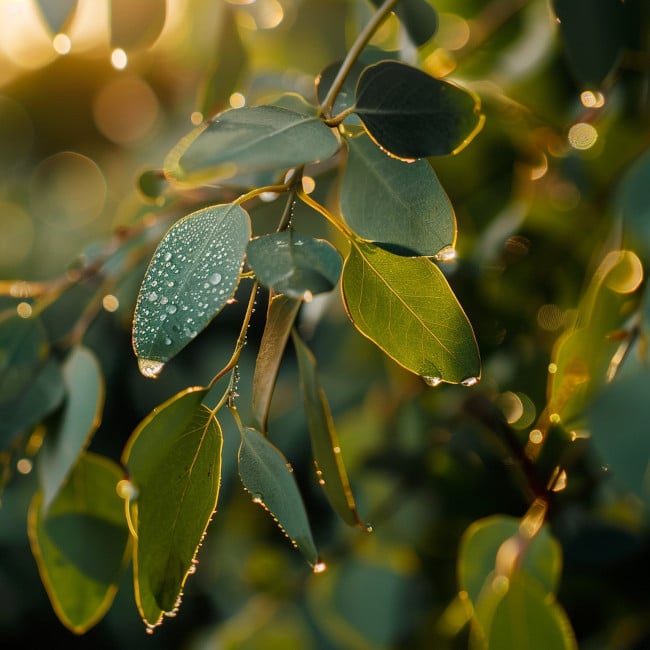
In addition to Shilajit, another decoction ingredient worth considering for an inflamed prostate is Eucalyptus leaves. These leaves have been used in traditional Chinese, Indian, and European medicine for centuries to treat a variety of conditions.
Eucalyptus leaves contain eucalyptol, flavonoids, and tannins. The flavonoids, plant-origin antioxidants, and tannins can potentially support inflammation reduction. Eucalyptol is used in numerous brands of mouthwash and cough suppressants, controlling excessive mucus secretion in the airway through the inhibition of pro-inflammatory cytokines.
Moreover, the antimicrobial properties of Eucalyptus leaves and essential oil are commonly used in mainstream medicine to relieve symptoms associated with conditions like sore throat, sinusitis, and bronchitis. Some recent research has demonstrated the antibacterial effects of eucalyptus oil on pathogenic bacteria in the upper respiratory tract.
Cautionary Note and Side Effects
While Eucalyptus leaves and oil can provide potential health benefits, adhering to safety precautions is crucial. Eucalyptus oil should not be applied to the skin unless it is appropriately diluted, usually with a carrier oil such as olive oil. It’s also recommended to conduct an allergy test before using Eucalyptus, given its highly allergenic nature. Do not ingest Eucalyptus oil orally, as it is poisonous. Dried leaves in decoctions typically preclude these adverse reactions, barring potential allergic responses.
Conclusion
By focusing on the anti-inflammatory, antibacterial, and urogenital healing properties of Shilajit and Eucalyptus, it’s possible to explore alternative, holistic approaches to inflamed prostate treatment. Remember, though, while these natural remedies can support the body’s healing processes and stimulate immune defense, they should not replace professional medical advice or treatment. Always consult a healthcare provider before beginning any new treatment regimen.
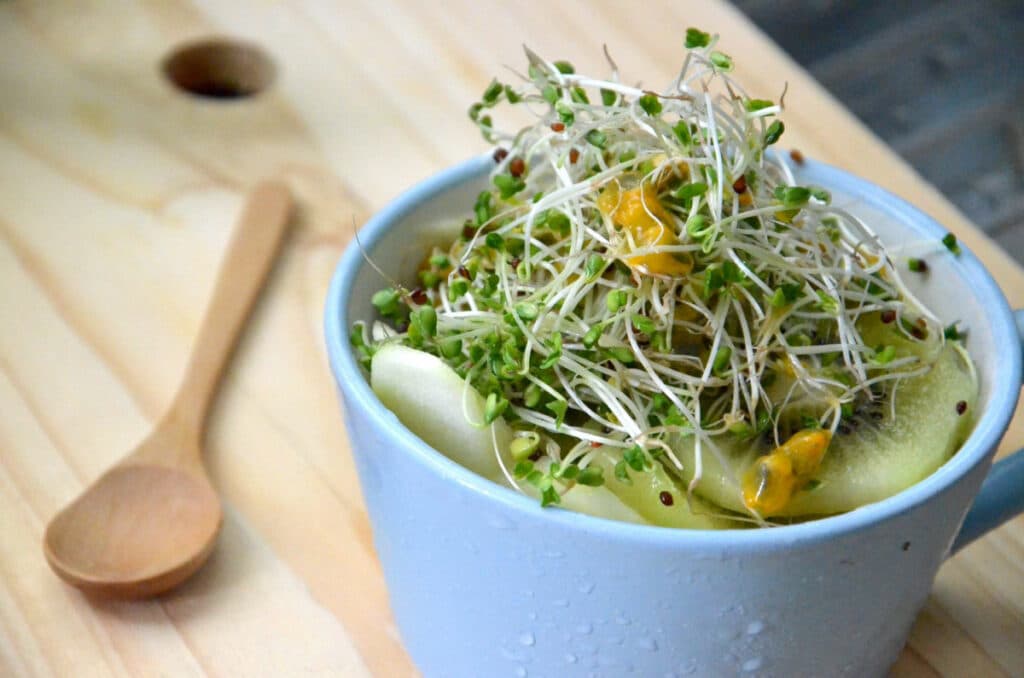

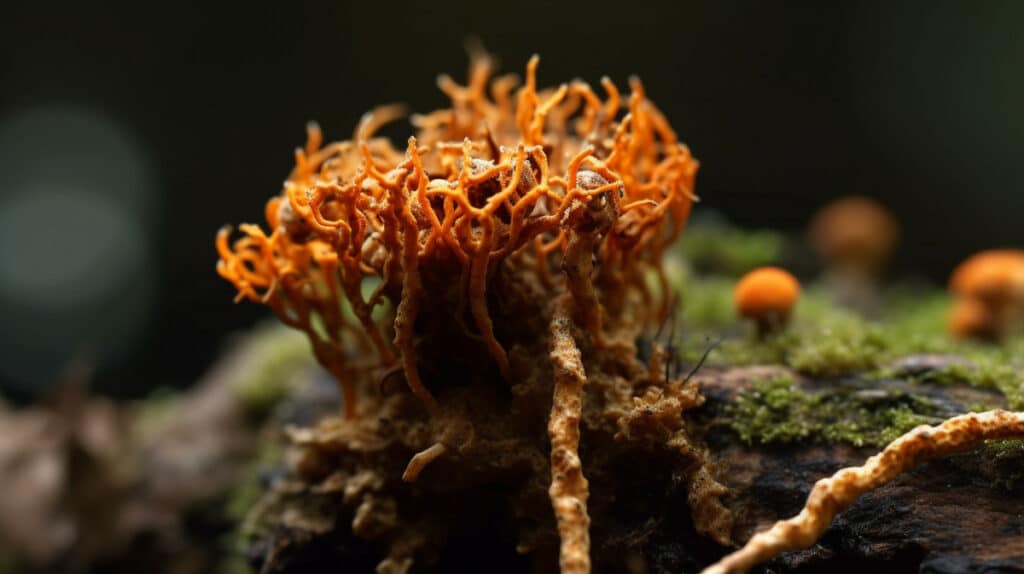
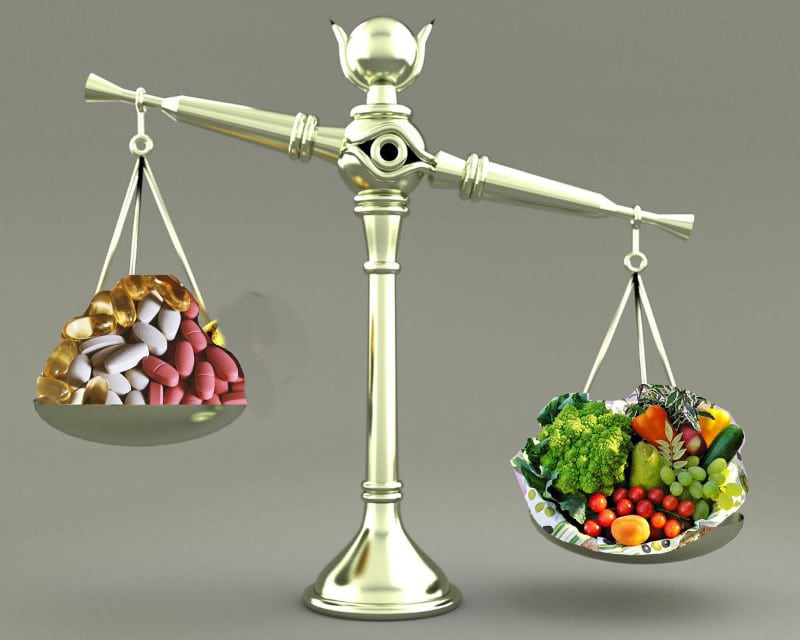

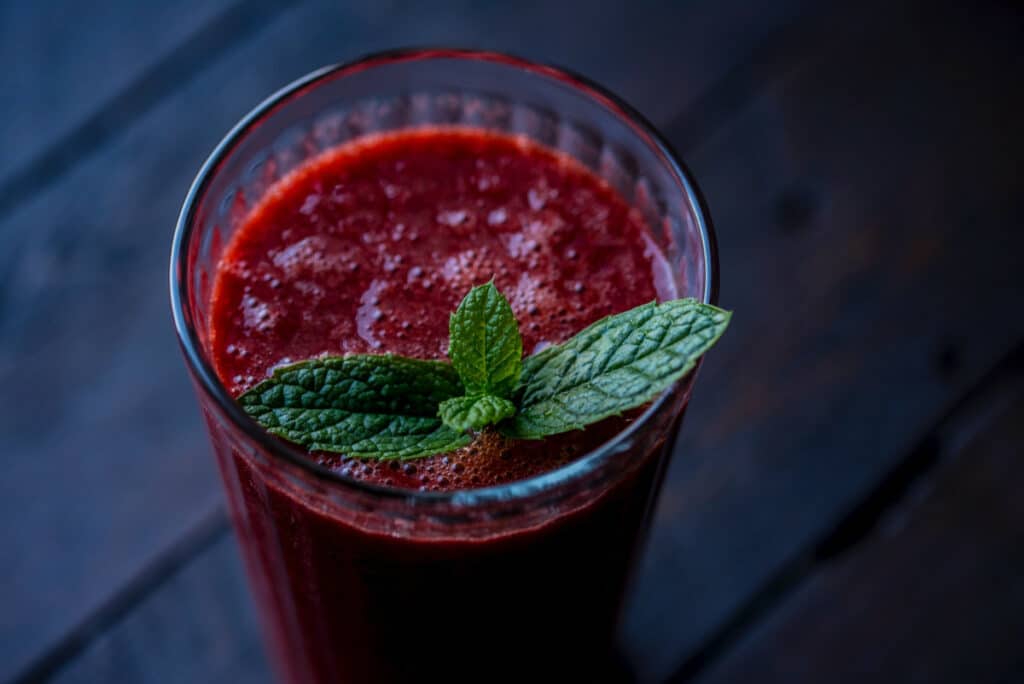
Thank you so much for the tea recipe. I have used it for 7 days and have had immediate results. Have had problems about a year now and just drinking the tea cut down the night time urinating to once a night. Also feeling a shift in free testosterone being released and more energy. -David
Thank you, David, for your comment. I’m happy that my advice proved to be helpful for you. Hope you’ll find much more interesting information about prostate health on my site. If you have any questions, just ask, I would be happy to help.
Wishing you health!
Max.
What is the tea recipe for prostatitis please?
Here https://yourhealthyprostate.com/natural-treatment-of-enlarged-prostate-and-prostatitis/ you can find some tea recipes for prostatitis. Hope you’ll find them helpful.
Greetings Max –
I discovered your site a while ago and have begun to use the decoction via the enema method. I have not been using willow herb as you suggested in the write up. My problem has been diagnosed as BPH, but early this year I had a crisis where I could not go and had to catheterize for about weeks. It was later diagnosed as prostate infection, and I was on antibiotics for 3 weeks.
Following antibiotics course I was very well for some months, then gradually worsening, thus am trying the decoction. Do you have any new information or recommendations? My results have been mixed. After about a week, Some days are quite good, others not so much. I use moderate coffee and at most one beer or wine per evening. Looking for additional suggestions or comments based on your experience with this. Also, based on my situation, any other suggested treatments.
Thank you for your site, your expertise given so freely, Max. God bless you!
Jack Befus
Lowell MI
Hi Jack
We summarised the traditional European experience of BPH and prostatitis treatments in my blog https://yourhealthyprostate.com/natural-treatment-of-enlarged-prostate-and-prostatitis/. Often it happens so that the treatment that worked well for some is not having the same effect in others. So it’s worth carefully trying some of them to figure out the best way for you. I found antiinflammatory enemas (once or so a month for prevention) and regular (2-3 times a week) stretching exercises (https://yourhealthyprostate.com/cure-prostatitis-and-chronic-pelvic-pain-syndrome-by-chinese-medicine-practices/) helpful in keeping my prostate issues at bay. My strong suggestion is to include practicing stretching exercises into a daily routine for every man aged 50+.
Have a great weekend!
Max.